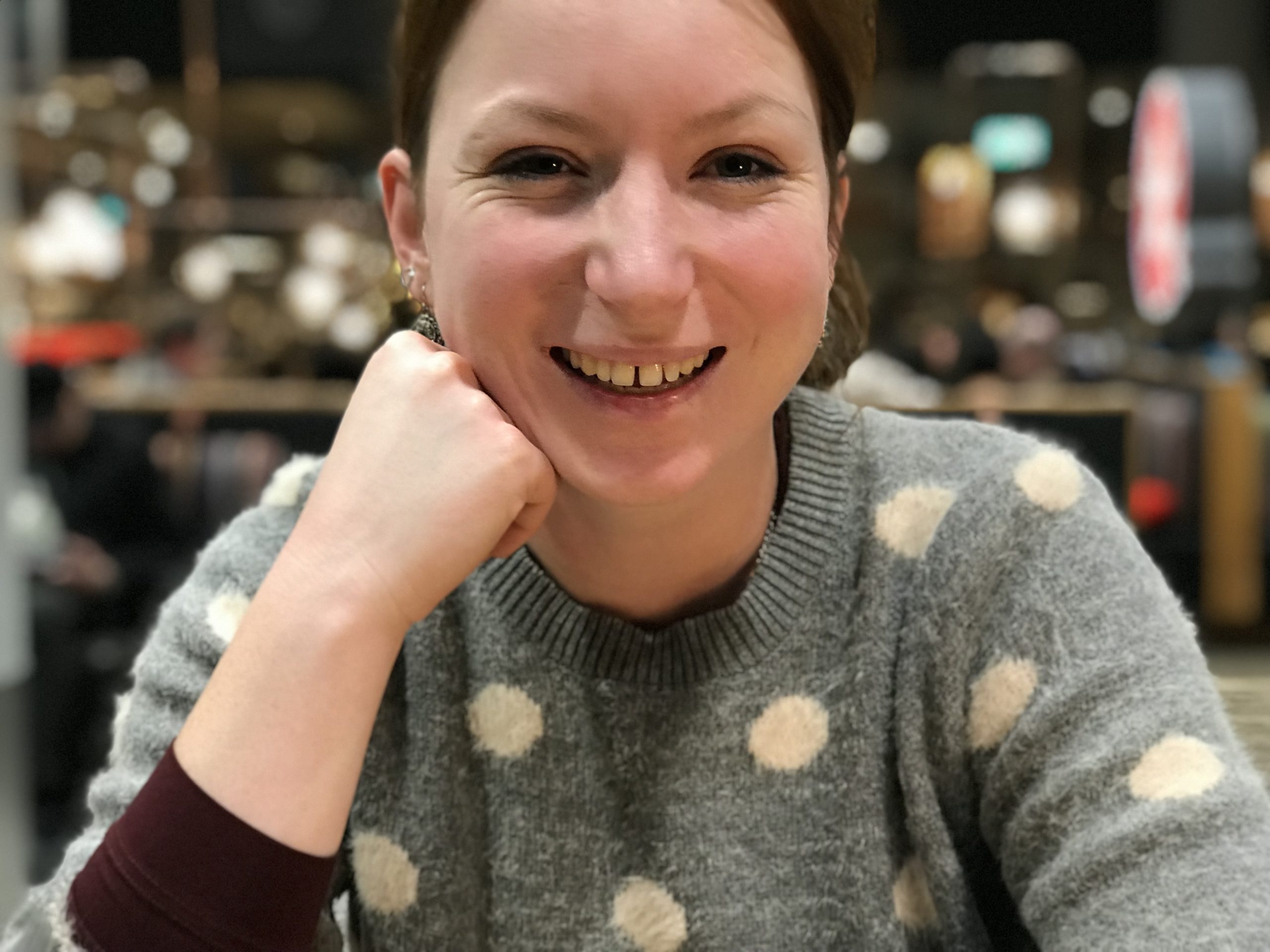Month: May 2022
-

Meet a DRC Volunteer: Kaya Keutler
Kaya was diagnosed with type 1 diabetes when she was 13. That was also the point she knew she wanted to become a scientist and work in the research field […]

Kaya was diagnosed with type 1 diabetes when she was 13. That was also the point she knew she wanted to become a scientist and work in the research field […]
[give_form id=”3302″ show_title=”true” show_goal=”true” show_content=”above” display_style=”reveal”]
Accessibility Tools
